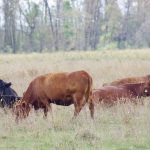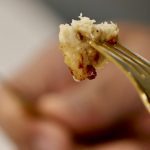Agriculture’s impact on the planet is massive and relentless. Roughly 40 per cent of the Earth’s suitable land surface is used for cropland and grazing. The number of domestic animals far outweighs remaining wild populations. How humanity feeds itself has created challenges ranging from its contribution to climate change to weaknesses that were exposed by







